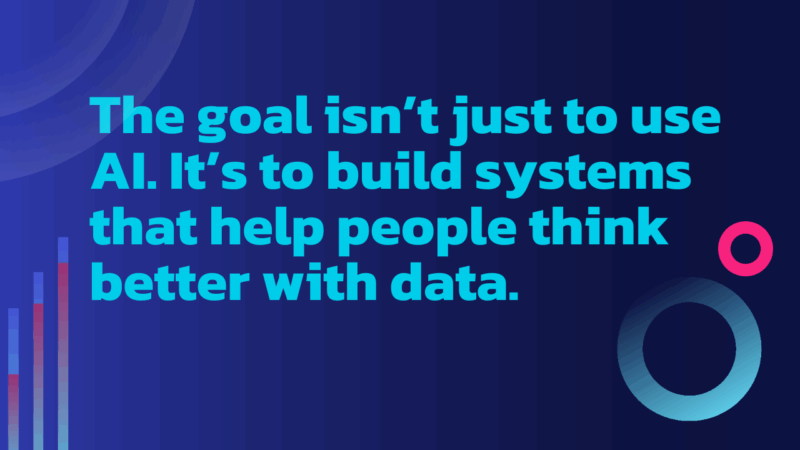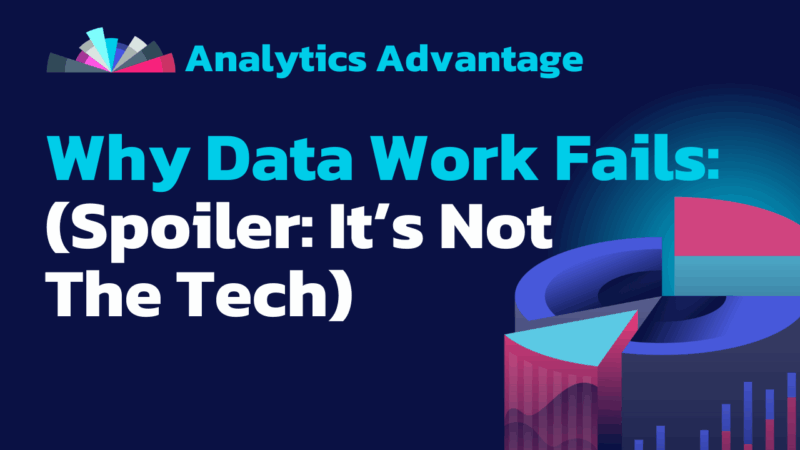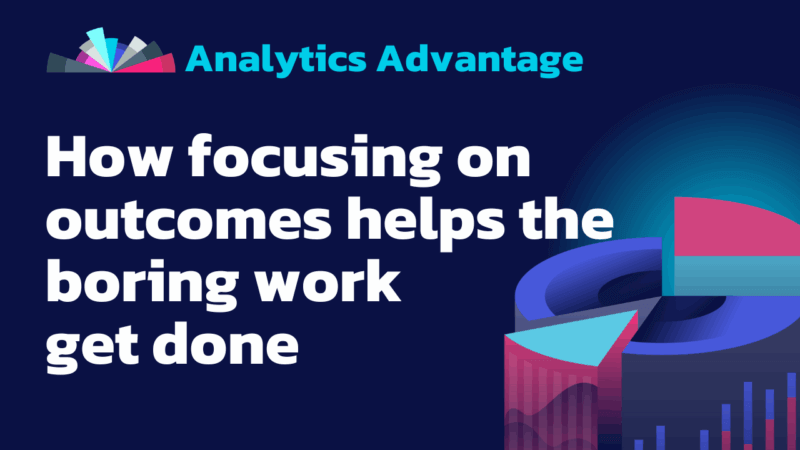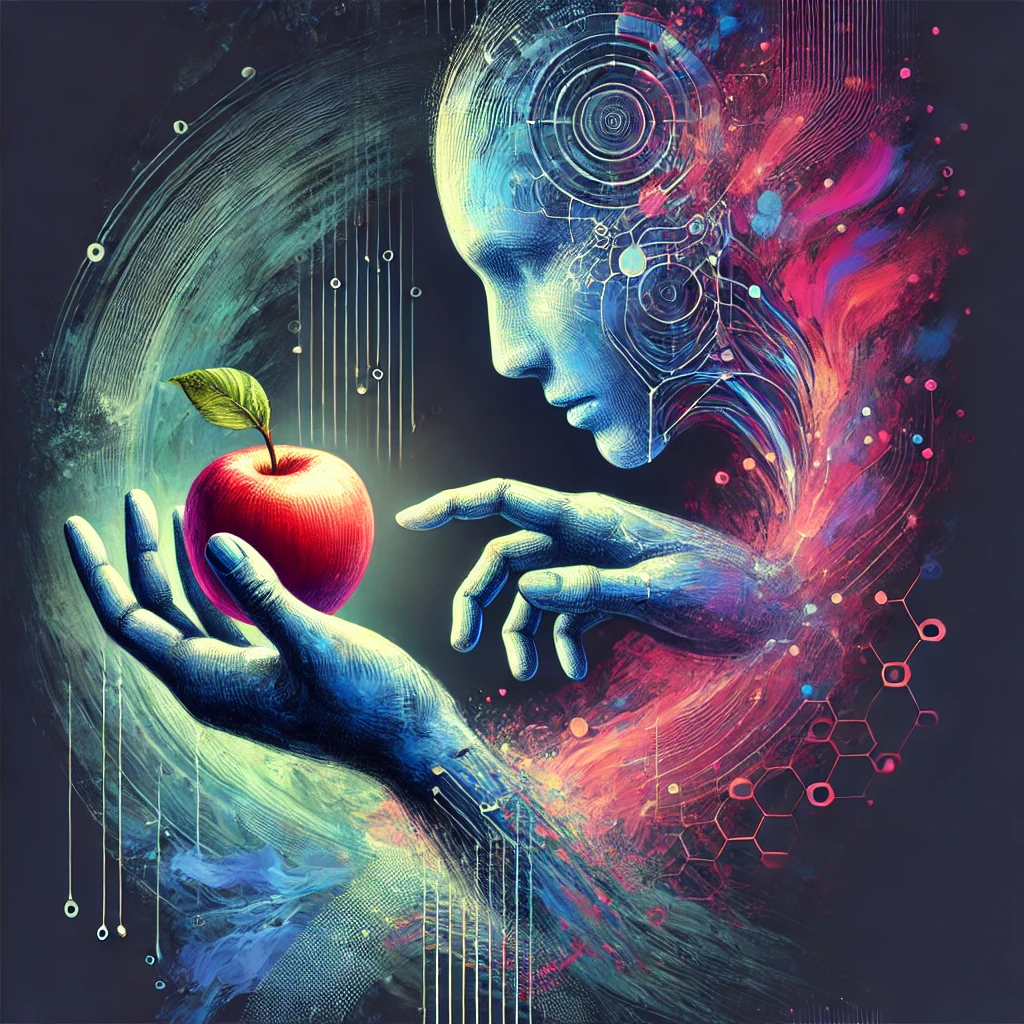
Reviews
Co-Intelligence: Living and Working with AI by Ethan Mollick
What if you could get instant, expert help formulating insights from consumer data? Or drafting complicated or sensitive emails to your co-workers? Or creating complex company policy documents? Instead of weeks, your work could be streamlined into days, or even hours. Artificial Intelligence (AI) is reshaping how we access, learn, and share knowledge and generate content. Some are arguing that AI may be a little too good at such jobs. As AI rapidly advances, critics have voiced concerns about its negative impact on human creativity, thought, and culture. Ethan Mollick, professor of management at Wharton, offers a different perspective. As a specialist in innovation, he sees AI as a crucial collaborator in enhancing human ideas. In Co-Intelligence: Living and Working with AI, Mollick guides readers through the evolving landscape of AI, inviting them to think alongside him as he demystifies the technologies behind this cognitive revolution.
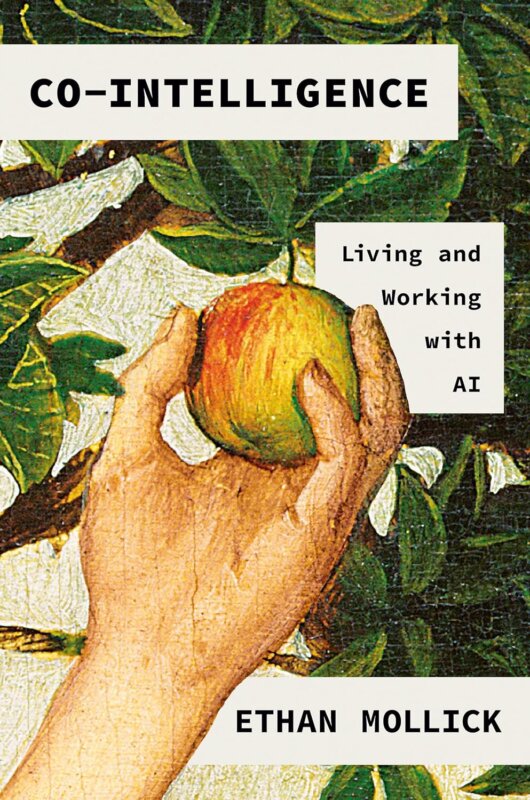
Behind the Black Box
In the introduction, titled Three Sleepless Nights, Mollick describes his initial reaction to OpenAI’s ChatGPT and compares it to earlier, slower-moving AI tools. Like many, when ChatGPT launched in November 2022, Mollick experimented with it and was both fascinated and uneasy about its capabilities and implications. After watching ChatGPT generate simulations that would’ve taken months to create, he began questioning the future of his and others’ careers. Mollick sought to clarify AI’s potential by looking more deeply into the research, speaking with AI experts, government agencies, and companies. And clarify, he did.
Although the introduction is a bit lengthy in its coverage of early AI tools, Mollick soon shifts to recent technologies powering much of today’s AI. Using examples from companies like Amazon, he shows how AI optimizes processes and uses data to drive insights. The book takes a fascinating turn when Mollick includes transcripts of his conversations with ChatGPT. In the first chapter, Creating Alien Minds, and throughout the book, ChatGPT is a central character, illustrating key AI concepts. Large Language Models (LLMs), like ChatGPT, are widely accessible, making them perfect examples for readers unfamiliar with AI. Through Mollick’s perspective, we experience the same mix of excitement, awe, and discomfort.
AI on Our Team
Throughout Co-Intelligence, Mollick addresses the common concern that AI will make human workers obsolete. He tackles this fear head-on in the chapter Aligning the Alien, discussing the challenges of aligning AI with human goals and values. While AI may never fully share our vision for the world, Mollick is optimistic about the progress being made to bring AI closer to human intent and understanding. Even with the adoption of a universal approach to AI, he argues, conflicts among humans will remain inevitable. Mollick masterfully captures the complexity of setting boundaries for AI systems.
Rather than seeing AI as a competitor, Mollick envisions it as a “quick-learning intern.” In the chapter AI as a Coworker, he introduces the concept of “Just Me Tasks” — those inherently human tasks requiring a personal touch or specific style. One fascinating point Mollick makes is his view that writing is one of his “Just Me Tasks.” We already have powerful tools to generate essays and business proposals in minutes, so why do we still write by hand? As Mollick puts it, “Delegating the task to an AI could risk losing that personal touch.” He advocates for a future where AI works alongside us, enhancing our productivity while ensuring the maintenance of ethical standards.
Just Like Us
Moving away from the typical portrayal of AI as an ominous presence from dystopian fiction, Mollick personifies AI, describing it as an “alien mind,” or an android-like creature. Traditional software is “predictable, reliable, and follows strict rules,” but LLMs, like ChatGPT, are far more unpredictable, allowing for a broader range of uses. Mollick encourages readers to approach AI like a human—though not fully human, it shares many human-like characteristics. However, Mollick is careful to emphasize that AI has clear limitations because it is ultimately “remotely human.”
The Turing Test has long been used to determine if technology can be passed off as human. While many language models have been carefully engineered, Mollick offers a standout example: Microsoft’s Tay. Unlike earlier models, Tay was designed to emulate the speech of a teenage girl using data from Twitter users. But when users realized they could influence Tay’s behavior, they fed it malicious phrases, turning Tay into a problematic figure within hours. Mollick’s discussion reshapes the idea that AI is impartial and perfect, showing that it is as biased and flawed as the data it’s trained on — just like humans.
The Jagged Frontier
AI is rapidly evolving technology, but there are still limits to its capabilities. In the chapter Four Rules for Co-Intelligence, Mollick introduces the concept of the “Jagged Frontier.” At first, I was puzzled by why ChatGPT could effectively generate workshop titles, but struggled to consistently write bug-free code. Once I understood Mollick’s “Jagged Frontier,” the answer became clear.
Mollick describes AI’s range of abilities as a fortress wall: tasks near the wall fall within AI’s scope, while those farther away become more complex. The “Jagged Frontier” represents the edge of what AI can currently do, and it’s invisible — we can only discover its limits through trial and error. Mollick’s exploration of this concept invites readers to approach AI with curiosity rather than fear. He reminds us that the current ChatGPT is likely the worst version we’ll use, as each future versions will only improve.
Rather than relying on confusing jargon, Mollick connects AI’s capabilities to our everyday experiences, making Co-Intelligence a witty, thoughtful exploration of how we can best work with AI. Whether you’re an AI skeptic or an enthusiast, this book is a thoughtful, hopeful guide to navigating the uncertainty of our future with AI.
Top Takeaways from Co-Intelligence
- AI is a collaborator, not a competitor: Ethan Mollick argues that AI enhances human creativity and should be viewed as a powerful tool for augmenting our work rather than replacing us.
- AI’s potential is vast, but limited: Mollick introduces the concept of the “Jagged Frontier,” showing that while AI can handle many tasks, it still struggles with complex or highly specific ones, which require human input.
- Ethical collaboration is key: AI systems need clear goals and boundaries to align with human values, but Mollick is optimistic that progress is being made in this area.
- Personal touch matters: Not all tasks should be automated. Mollick emphasizes “Just Me Tasks,” which require human intuition, creativity, and personal style—areas where AI falls short.
- AI is unpredictable but relatable: Mollick describes AI as an “alien mind” that, while not human, shares many human-like traits, making it a versatile yet flawed tool shaped by the data that it’s trained on.
***
Jonathan Alcineus is a He is also a former Action intern.



